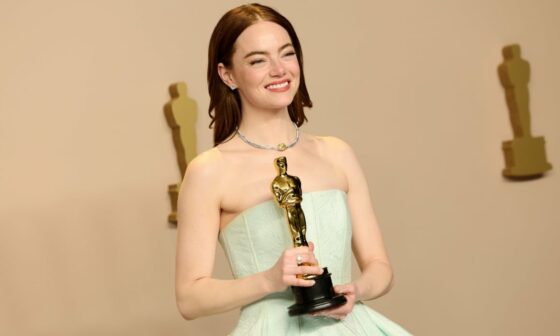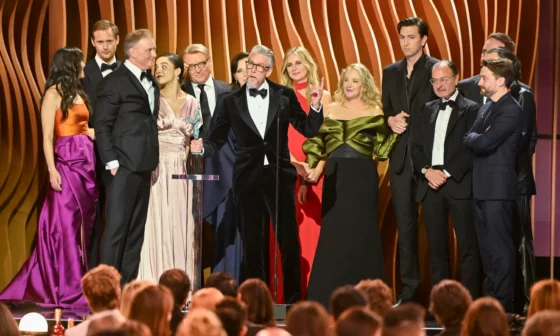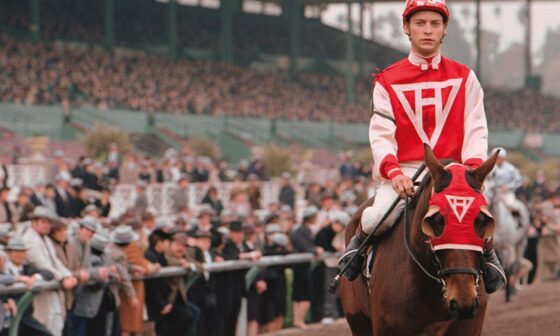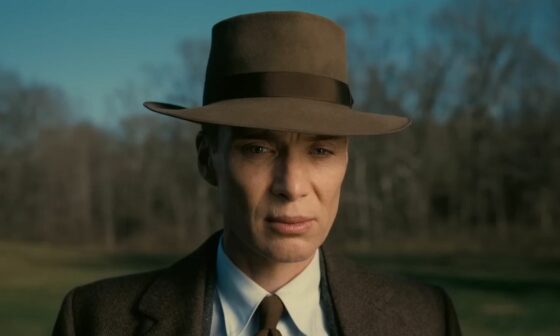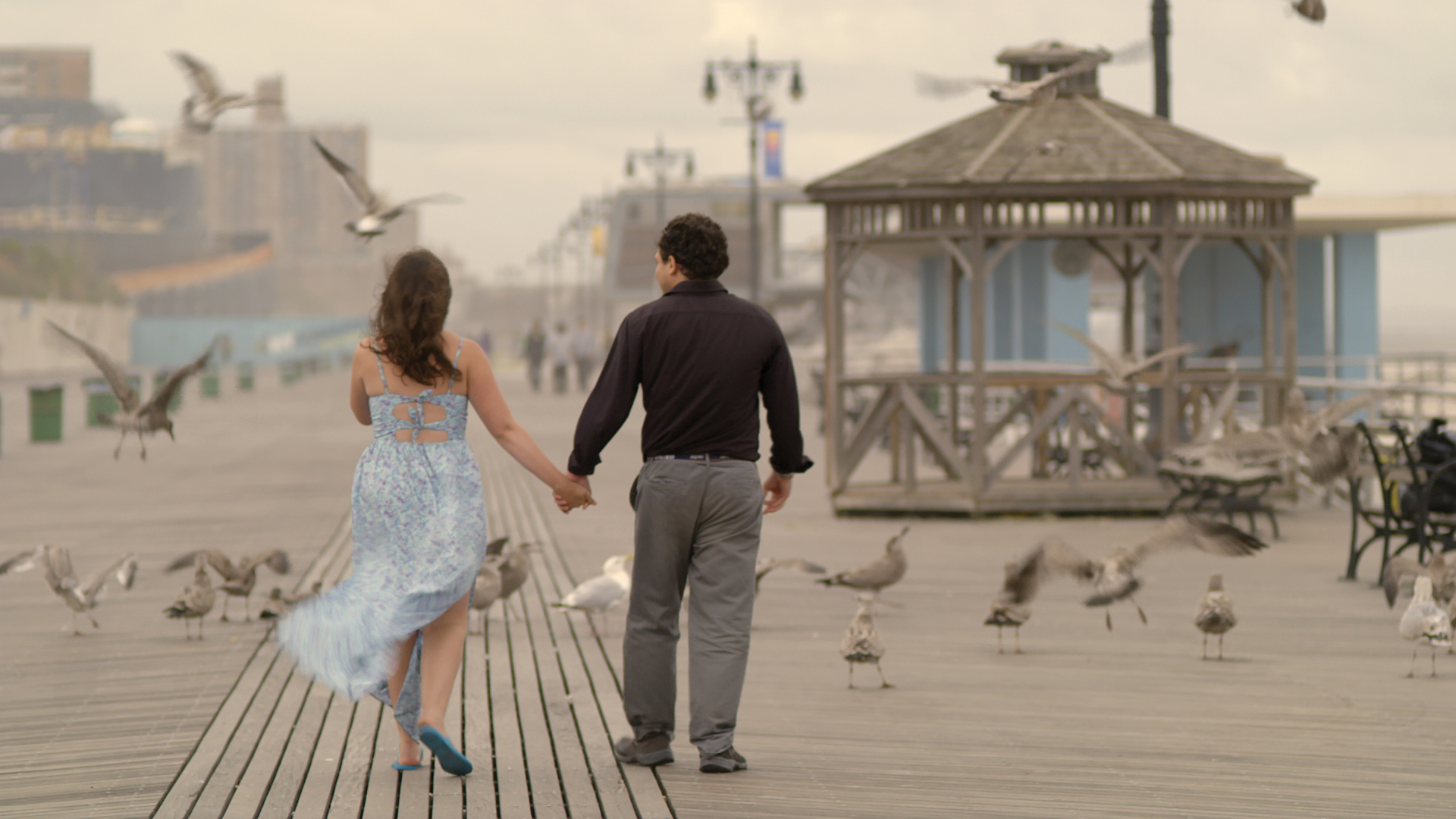
The 2017 Tribeca Film Festival closed last Sunday by screening all its winning features. If Tribeca’s jury was overflowing with wonderful women filmmakers, the list of winners will definitely not disappoint! Tribeca’s red carpet was full of multi talented women filmmakers, claiming the very best of prizes. The top honors went to three features directed by women.
Keep the Change directed by writer-director Rachel Israel, received standing ovation and took home the best narrative feature award. The film follows a couple who meet at a support group for adults with autism. The prize had to go to Rachel Israel for her authentic romance, described by the jury as:
“Heartwarming, hilarious and consistently surprising reinvention of the New York romantic comedy, which opens a door to a world of vibrant characters not commonly seen on film”.
The script was developed around its main characters, who are not actors but themselves suffering from autism, making the film even more unique.
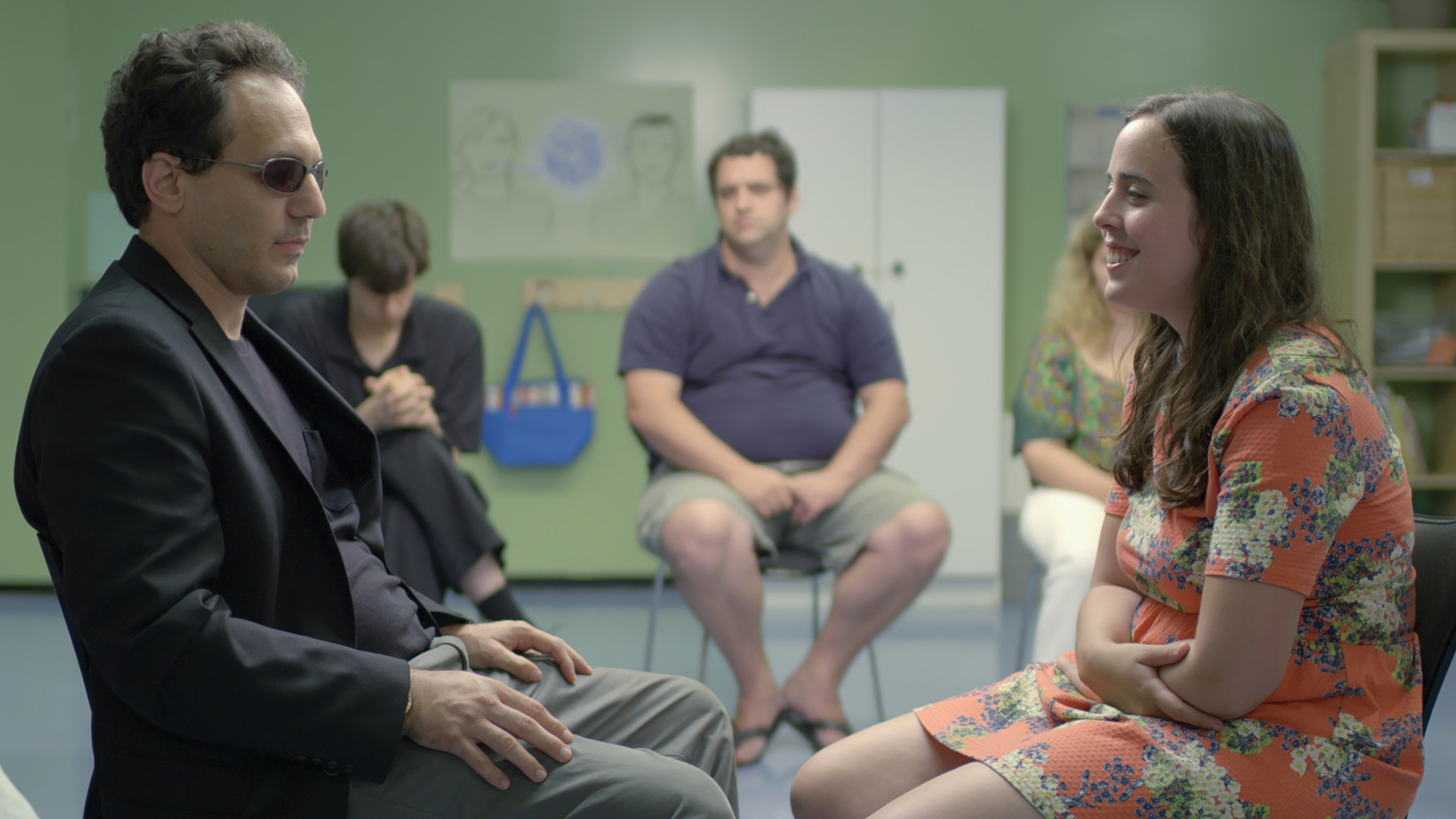
The international best narrative feature prize went to Elina Psykou‘s dark fairy tale, Son of Sofia. The film follows 11 years old Misha, coming from Russia and starting a new life in Athens to live with his mother. What he does not know is that his father is also there, waiting for him.
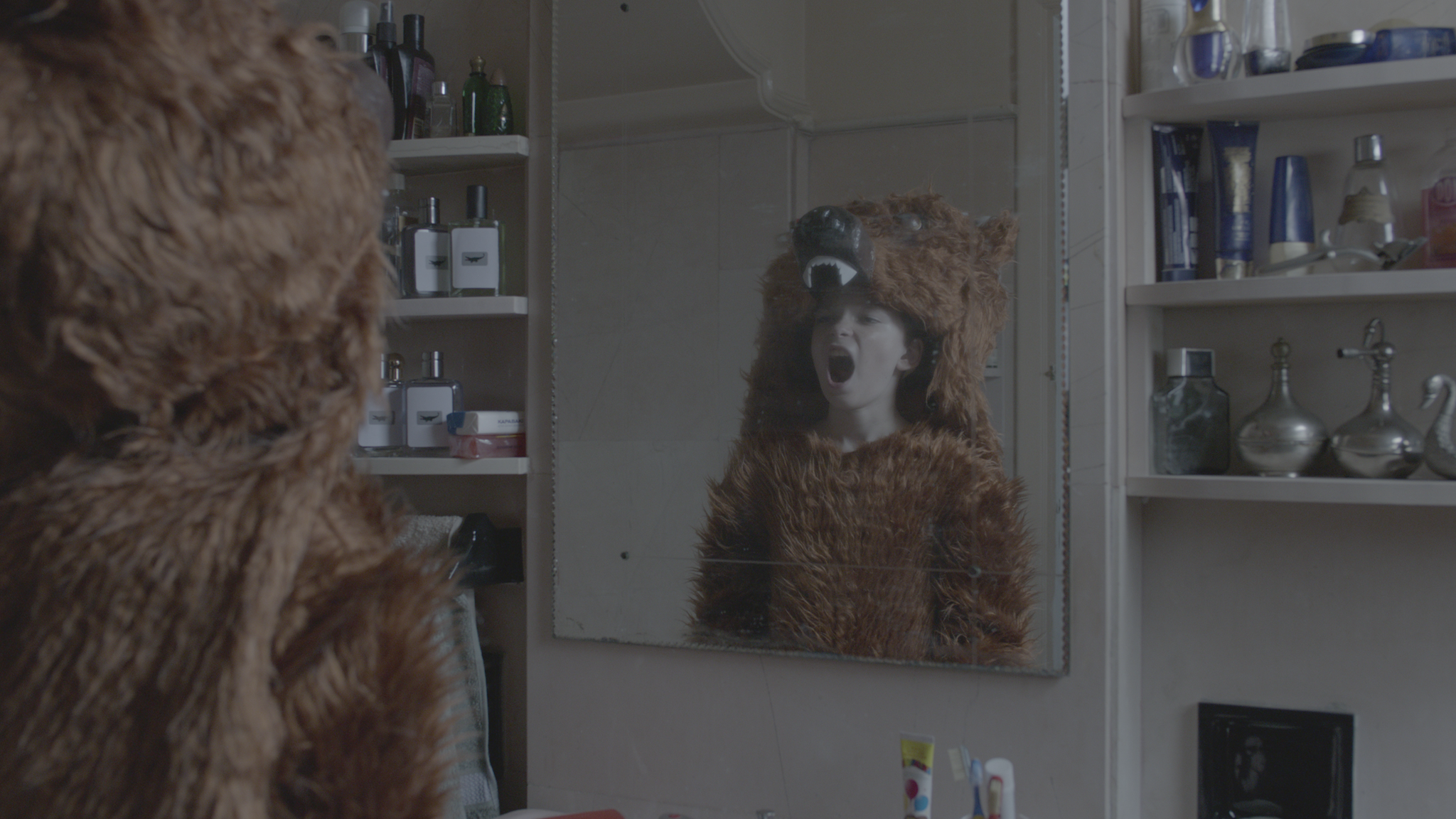
Best Documentary went to Elvira Lind‘s Bobbi Jene, about an American dancer who leaves his dancing company in Israel to start fresh in San Francisco. The jury believed Lind deserved the award because her very personal message:“documents the deeply personal process of a brilliant woman finding her voice – paired with a director whose own artistic vision dances elegantly with that of her subject”.
The Best Actress in a U.S Narrative Feature Film went to Nadia Alexander for her role in Quinn Shepard‘s Blame. Shout-out for Quinn Shepard, who, at only 22 presented her first feature film at Tribeca and received standing ovation.
Blame, also staring Quinn Shepard herself and Chris Messina follows the taboo relationship between a teacher and his high school student. The film is loosely based on Arthur Miller‘s The Crucibles.
The audience also has a chance to award filmmakers and this year it included a women filmmaker. The Divine Order directed and written by Swiss filmmaker, Petra Volpe, won the audience narrative award. Set in 1971 Switzerland, the film follows Nora, whose life has been almost unaffected by the social movements of 1968 but who slowly start campaigning for women’s right to vote. Petra Volpe was also awarded the Nora Ephron award, celebrating the legacy of remarkable female filmmaker.
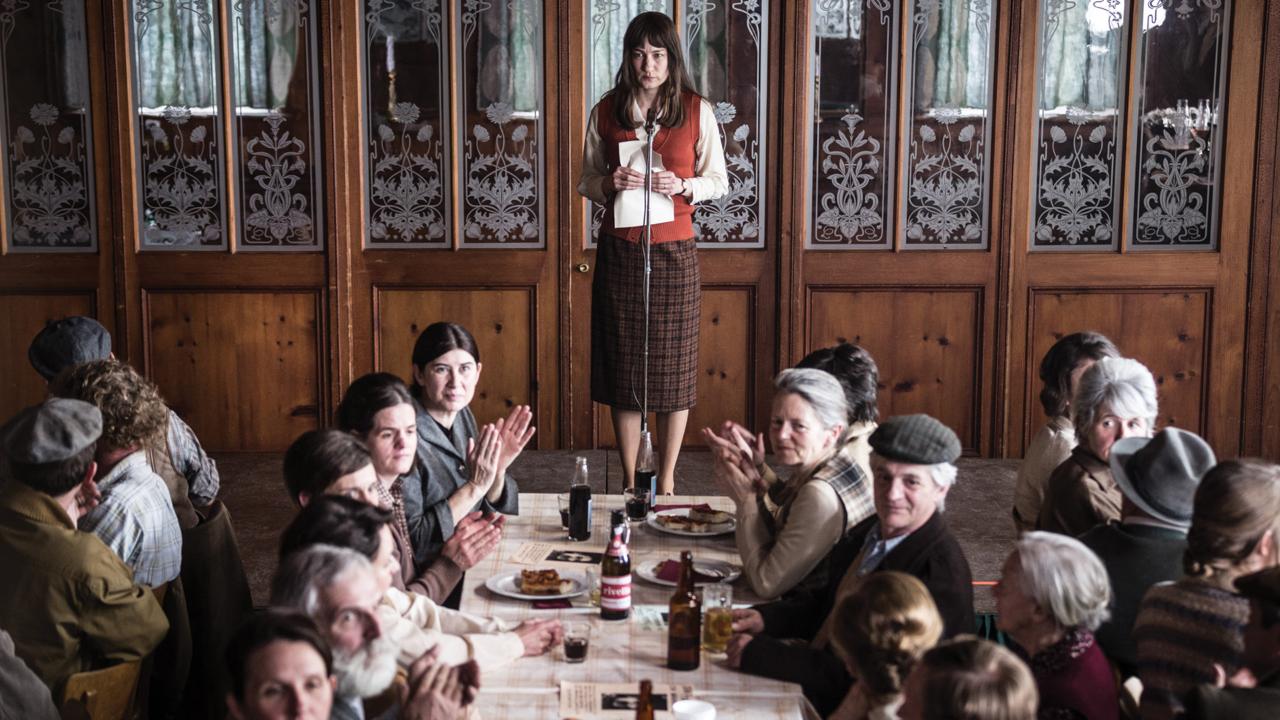
The second audience award went to Hondros, directed by Greg Campbell and written by Campbell and Jenny Golden about the life of Pulitzer Prize-winning photojournalist Chris Hondros, who died in Libya in 2011.
On the negative side, Iranian filmmaker Kaveh Mazaheri whose short film Retouch about a wife who watches her husband die, was awarded the best narrative short award. Mazaheri was however unable to attend Tribeca and deliver his acceptance speech due to, in his own words, “Mr. Trump’s fascinating decisions”. He dedicated his award “to all immigrants around the world who are struggling for a better life”.
Film festivals are shelters to the diverse, the bizarre, the eccentric and basically the different. It is the place to challenge yourself with new perspectives, topics and point of view. This year, women filmmakers were celebrated all last week for their work both before and behind camera. Let’s hope the trend will continue at upcoming festivals!
#Peace.Love.Tribeca2017



